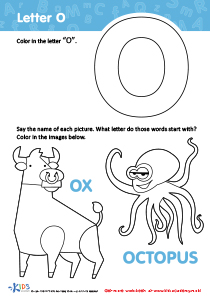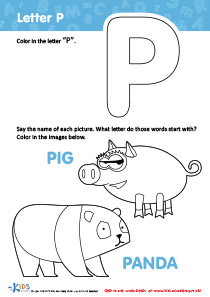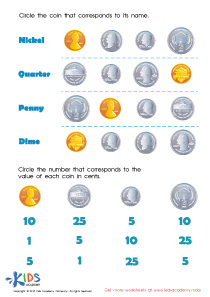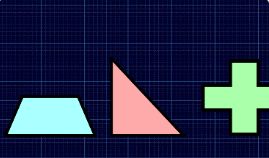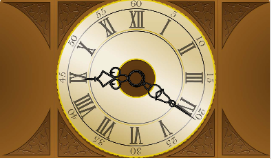Logic and Early Math Lessons | Data for 4-Year-Olds
6 results
Introducing "Data for 4-Year-Olds": A vibrant and engaging learning experience designed specifically for young minds! Our curriculum features interactive worksheets, captivating educational videos, and fun assessment quizzes tailored to introduce the concept of data in ways that resonate with preschoolers. Through colorful visuals and hands-on activities, children will embark on an exciting journey of discovery, learning to observe, compare, and understand the world of data around them. Perfect for fostering early analytical skills, "Data for 4-Year-Olds" promises a delightful blend of education and entertainment, making the first steps into the world of data both enjoyable and memorable for your little ones.
Introducing "Data for 4-Year-Olds," an innovative and engaging educational program designed to lay the foundation for young learners' understanding of basic data concepts. In a world increasingly driven by data, it's never too early to start nurturing an understanding and curiosity about the information that surrounds us. Our carefully crafted lessons are specifically tailored for 4-year-old children, making learning both fun and effective.
Children at this tender age are naturally curious and eager to learn about the world around them. "Data for 4-Year-Olds" taps into this innate curiosity by offering interactive worksheets, captivating educational videos, and assessment quizzes that are not only age-appropriate but also incredibly engaging. These materials are expertly designed to introduce young learners to the concept of data in a way that is understandable and relevant to their everyday experiences.
The interactive worksheets are a core component of our "Data for 4-Year-Olds" program. These worksheets are not your ordinary sheets of paper filled with figures and facts. Instead, they are vibrant, colorful, and filled with engaging activities that introduce children to basic data concepts such as sorting, counting, and pattern recognition. Whether it’s sorting shapes by color or counting objects to find out which group has more or less, these worksheets turn abstract concepts into tangible and enjoyable tasks.
Educational videos complement the interactive worksheets, bringing the world of data to life for young minds. These videos are short, attention-grabbing, and packed with animations and characters that children love. Through storytelling and simple examples, these videos explain how data is all around us - in weather patterns, in organizing toys, and even in deciding what to wear. By relating data to their daily lives, children can see the relevance and importance of understanding data from an early age.
Another vital aspect of the "Data for 4-Year-Olds" program is the assessment quizzes. While the word ‘assessment’ might sound formal, these quizzes are anything but. Designed to be interactive and entertaining, they provide a way for children to showcase what they've learned and for parents and educators to track progress. These quizzes also help reinforce the concepts introduced, ensuring that the learning sticks.
The benefits of starting data education at such an early age are manifold. Not only does it prepare children for a future where data literacy will be essential, but it also enhances critical thinking, problem-solving, and analytical skills. These are competencies that will serve them well across all areas of study and aspects of daily life.
In conclusion, "Data for 4-Year-Olds" is more than just an educational program; it’s a doorway to a lifetime of curiosity and learning. By making data fun and accessible, we’re not only teaching children about numbers and patterns but also encouraging a love for learning that will last a lifetime. As they progress through their studies, the foundation laid by understanding basic data concepts will prove invaluable, ensuring they are not only consumers of information but also critical thinkers and problem solvers in an increasingly data-driven world.
